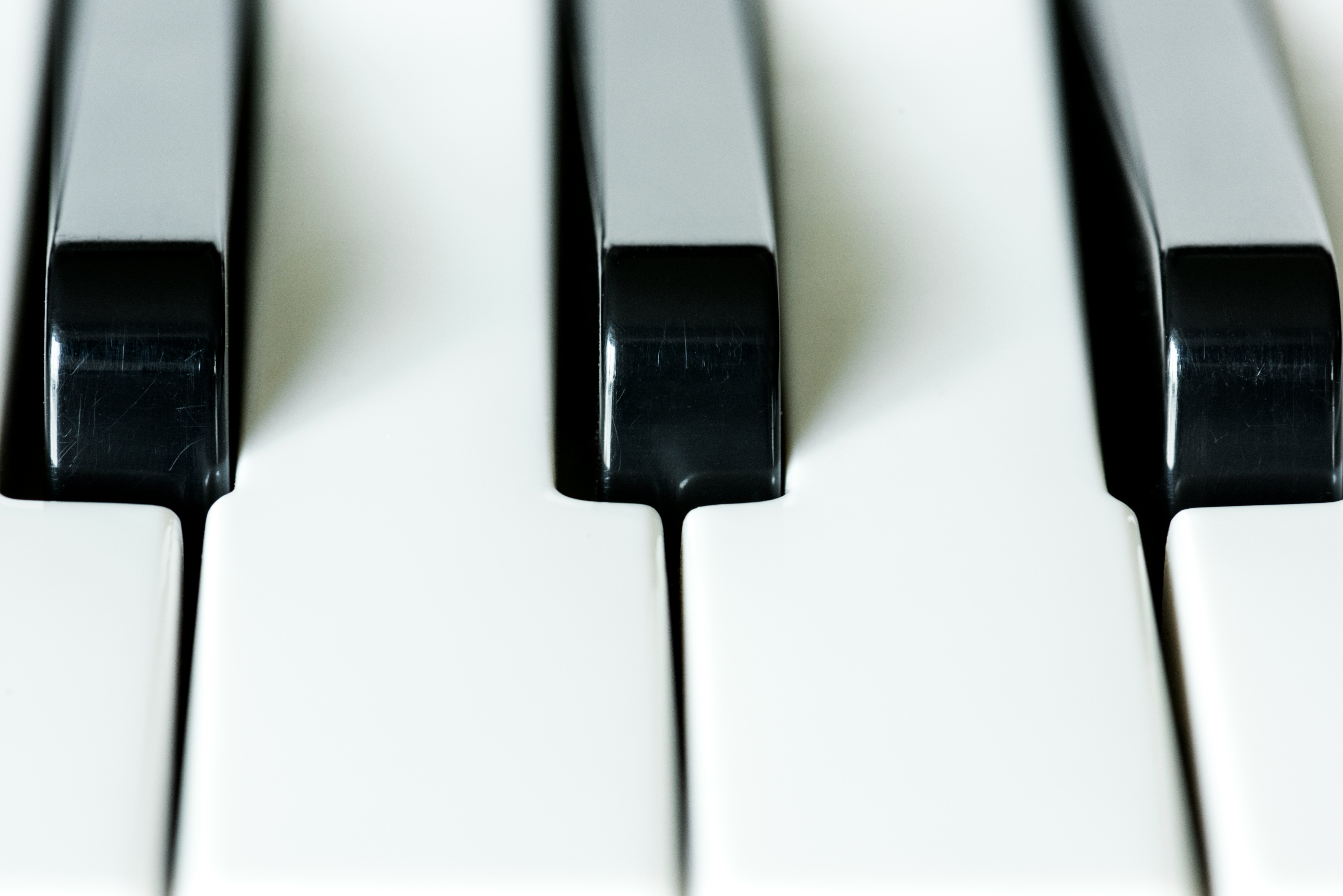
Software Counterfeiting: The Overwhelming Weight of Originality
Initially designed to protect cultural works such as writings, music, or visual arts, copyright - which falls under literary and artistic property - was conceived as a tool dedicated to forms of expression offering great creative freedom to the author. The relatively recent inclusion of software within its scope has introduced a certain tension: technical works by nature, software is subject to technical constraints that contrast with the original spirit of a right designed for free creation.
This tension is particularly evident when the author of a software program initiates a counterfeiting action and must demonstrate its originality. This demonstration is not easy to achieve, as a decision by the Paris Judicial Court dated April 2, 2025 reminded us.
The company Minebea Intec France (hereinafter " Minebea"), a specialist in measurement and control instruments for industrial weighing, sued the company Lead'Up for copyright infringement of nine of its software programs. The company Lead'Up contests the originality of the software programs.
The court recalls French case law regarding the originality of software: in order to claim originality, the author must "demonstrate in its realization a personalized effort going beyond the mere implementation of an automatic and constraining logic, the materialization of this effort residing in an individualized structure", and to do so, "produce elements likely to justify the originality of its components, such as programming lines, source codes, or preparatory design material".
In support of this demonstration of originality, Minebea produces a number of documents.
For seven of the nine software, the only documents produced are presentation sheets, user, installation or administration manuals, commercial documentation and examples of choices made by the author: according to the court, "no material to justify originality".
For the remaining two software programs, Minebea produces detailed technical specifications, a dashboard, and a specification sheet. Having reviewed these documents, the court considers that the Minebea company "merely lists their functionalities", "reports choices between several development solutions, none of which are specific to one or both of them", describes "expected functionalities", and concludes that this information is "unsuitable to characterize the originality of these software programs".
Having failed to demonstrate the originality of its software, Minebea's claims based on infringement were therefore dismissed.
A familiar outcome: between June 2024 and June 2025, French courts handed down six decisions examining the originality of one or more software programs. In each of them, the plaintiffs failed to demonstrate the required originality and were thus denied copyright protection.
At the heart of the business model of many companies, software is only protected by copyright when its originality is clearly demonstrated: a requirement that, in practice, remains difficult to meet.
To anticipate this difficulty and secure your rights, our IPSILON experts conduct audits to analyze and document the originality of your software.


